Common Property Resources (CPRs) are defined as a class of resource for which exclusion is difficult and jurisdiction involves substractability. When property rights to natural resources are absent and unorganized i.e., when there is open access the individual bears full cost of conditional degradation and there is no mechanism for regulating the use of resources. The result is over-exploitation what Hardin termed as the Tragedy of Commons.
The book basically investigates into the intriguing question on whether CPRs dependent indigenous communities have equal share of consumption generated from community forests and what would be the distributional implications, if any of common property institutions as well as rural livelihood strategies of these communities. In this respect, it studies the linkages between forest dependency and CPRs particularly, forest resources in two eastern most districts of Arunachal Pradesh and India. The results are not only expected to clarify the theoretical issues of relationship between Common Property Resources (CPR) management and its distributional aspects in rural settings but also may contribute towards developing a more sophisticated policy response towards better participatory resource management.
The book, apart from thoroughly analyzing the intricacies of commons reveals that there is an urgent need to form sustainable management of CPRs, particularly the forests in order to avoid ‘The Tragedy of Commons’. This book would be of immense help to the research scholars, environmental economists, environmentalists, and policy makers.

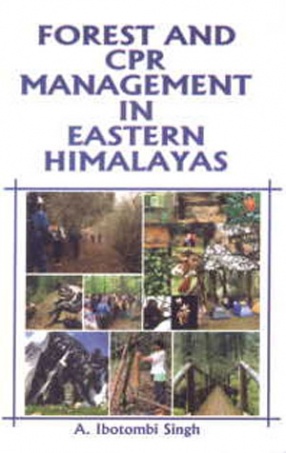
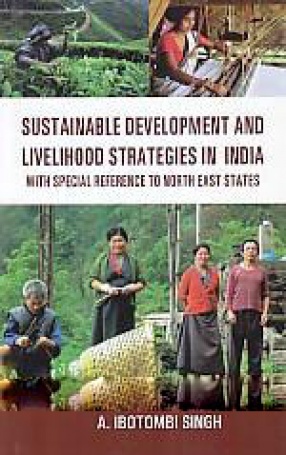
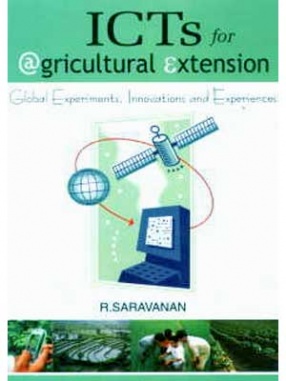
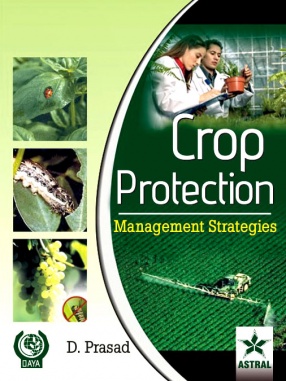
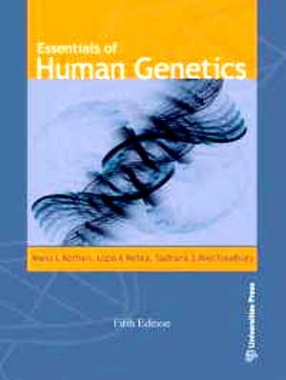
There are no reviews yet.